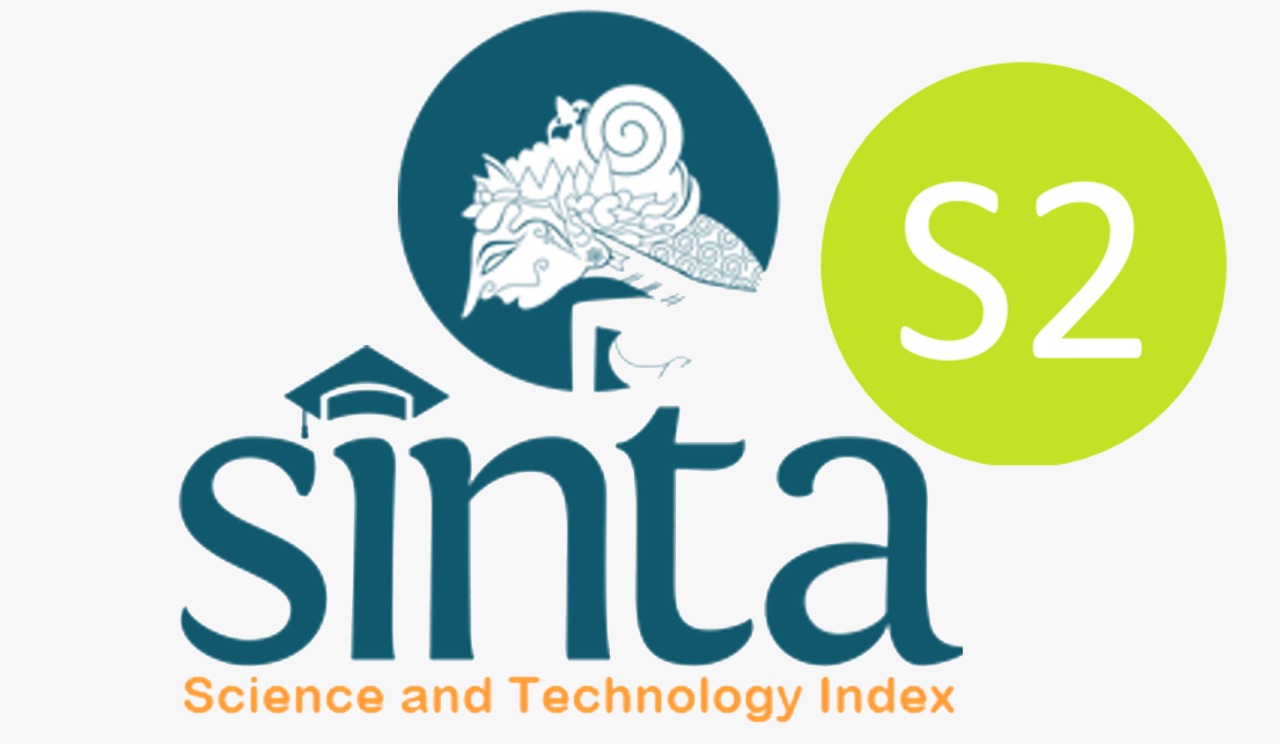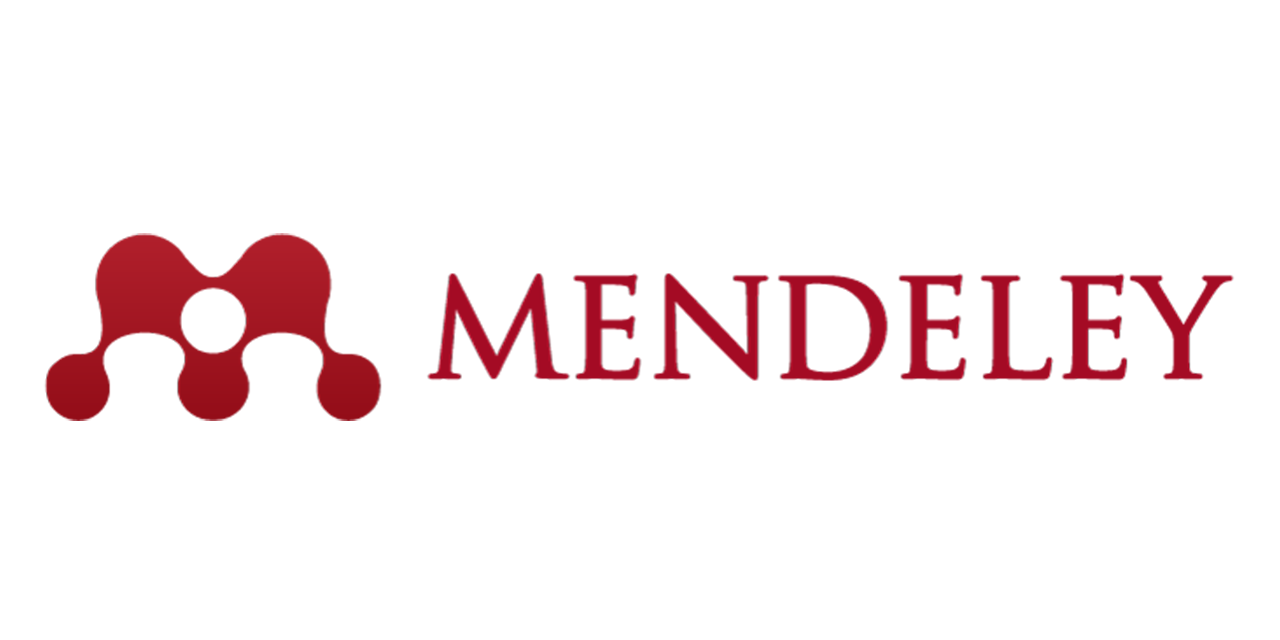PARENTAL RISK AVERSION AND INVESTMENT IN CHILDREN'S EDUCATION
Downloads
Introduction: The purpose of this study is to investigate the relationship between risk aversion and spending in children's education. Spending in children's education can be classified as an investment with uncertain outcomes and the return might yield in a relatively long time. It is predicted in this study that risk aversion will have negative impact on spending in children's education.
Methods: This study uses IFLS data and two-period panel regression. Multiple time periods are applied to demonstrate time-varying risk aversion.
Results: The results suggest that lower degree of parental risk aversion increases the spending on children's education, which confirms the theory.
Conclusion and suggestion: The result showed that risk aversion significantly affects the spending on children's education. As a consequence, the government should provide clear information about how important an education is, especially a higher degree. Providing the information may drive the parent to not view education for children as a risky investment.
Allen, Emma R. (2016): Analysis of Trends and Challenges in the Indonesian Labor Market. In ADP PAPERS ON INDONESIA (16).
Anandari, IGAA Apsari; Nuryakin, Chaikal (2019): The effect of risk prefrence on choice between public and private sector employment in Indonesia. In International Journal of Business and Society 20 (1), pp. 177–196.
Barro, Robert J.; Sala-i-Martin, Xavier (1995): Economic Growth. 2nd ed. Cambridge, Massachussetts: The MIT press.
Belzil, Christian; Leonardi, Marco (2007): Can risk aversion explain schooling attainments? Evidence from Italy. In Labour Economics 14 (6), pp. 957–970. DOI: 10.1016/j.labeco.2007.06.005.
Belzil, Christian; Leonardi Marco (2013): Risk Aversion and Schooling Decisions. In Annals of Economics and Statistics 111/112 (35-70).
Borjas, George J. (2013): Labor economics. 6th ed. New York: McGraw-Hill.
BPS (2020): Indikator Pendidikan. Available online at https://www.bps.go.id/statictable/2010/03/19/1525/indikator-pendidikan-1994-2019.html, updated on 2/11/2020, checked on 4/26/2020.
Brodaty, Thomas; Gary-Bobo, Robert J.; Prieto, Ana (2014): Do risk aversion and wages explain educational choices? In Journal of Public Economics 117, pp. 125–148. DOI: 10.1016/j.jpubeco.2014.05.003.
Checchi, Daniele; Fiorio, Carlo V.; Leonardi, Marco (2014): Parents' risk aversion and children's educational attainment. In Labour Economics 30, pp. 164–175. DOI: 10.1016/j.labeco.2014.04.001.
Chowdhury, Saeed (2016): An Alternative View on Smoking Compulsion in Indonesia: The Effects of Myopia and Risk.
Cunha, Flaviod; Heckman, James (2007): The Technology of Skill Formation. In IZA Discussion Paper Series (2550).
Cunha, Flaviod; Heckman, James (2008): Formulating, Identifying and Estimating the Technology of Cognitive and Noncognitive Skill Formation. In The Journal of Human Resources 43 (4), pp. 738–782.
Dohmen, Thomas; Falk, Armin; Huffman, David; Sunde, Uwe (2010): Are Risk Aversion and Impatience Related to Cognitive Ability? In American Economic Review 100 (3), pp. 1238–1260. DOI: 10.1257/aer.100.3.1238.
Dohmen, Thomas; Falk, Armin; Huffman, David; Sunde, Uwe; Schupp, Jürgen; Wagner, Gert G. (2011): INDIVIDUAL RISK ATTITUDES: MEASUREMENT, DETERMINANTS, AND BEHAVIORAL CONSEQUENCES. In Journal of the European Economic Association 9 (3), pp. 522–550. DOI: 10.1111/j.1542-4774.2011.01015.x.
Feng, Naikang (2020): The Effect of Sibling Size on Children's Educational Attainment: Evidence from Indonesia. In ECNU Review of Education, 209653112092170. DOI: 10.1177/2096531120921703.
Goldbach, Carina; Schlüter, Achim (2018): Risk aversion, time preferences, and out-migration. Experimental evidence from Ghana and Indonesia. In Journal of Economic Behavior & Organization 150, pp. 132–148. DOI: 10.1016/j.jebo.2018.04.013.
Guiso, Luigi; Sapienza, Paola; Zingales, Luigi (2018): Time varying risk aversion. In Journal of Financial Economics 128 (3), pp. 403–421. DOI: 10.1016/j.jfineco.2018.02.007.
León, Anja Köbrich; Pfeifer, Christian (2017): Religious activity, risk-taking preferences and financial behaviour: Empirical evidence from German survey data. In Journal of Behavioral and Experimental Economics 69, pp. 99–107. DOI: 10.1016/j.socec.2017.05.005.
Maulana, Rizky; Ginting, Ika Rahma (2020): PENGELUARAN PENDIDIKAN BAGI ANAK ANGKAT DI INDONESIA, BENARKAH LEBIH BESAR DARI ANAK KANDUNG? In jepk 8 (2), p. 139. DOI: 10.26740/jepk.v8n2.p139-150.
Ng, James (2012): Risk and Time Preferences in Indonesia: The Role of Demographics, Cognition, and Interviewers.
OECD (2019): Secondary graduation rate. Available online at https://data.oecd.org/students/secondary-graduation-rate.htm#indicator-chart, updated on 2019, checked on 4/26/2020.
Resosudarmo, Budy P.; Suryadarma, Daniel (2014): The Impact of Childhood Migration on Educational Attainment: Evidence from rural–urban migrants in Indonesia. In Asian Population Studies 10 (3), pp. 319–333. DOI: 10.1080/17441730.2014.942954.
Romer, David (1996): Advanced Macroeconomics. 4th ed. New York: McGraw-Hill.
Sakha, Sahra (2019): Determinants of risk aversion over time: Experimental evidence from rural Thailand. In Journal of Behavioral and Experimental Economics 80, pp. 184–198. DOI: 10.1016/j.socec.2019.03.008.
Sanjaya, Muhammad Ryan (2013): On the Source of risk Aversion in Indonesia Using Micro Data 2007 (33).
Schmidt, Lucie (2008): Risk preferences and the timing of marriage and childbearing. In Demography 45 (2), pp. 439–460. DOI: 10.1353/dem.0.0005.
Sohn, Kitae (2017): THE RISK PREFERENCES OF ENTREPRENEURS IN INDONESIA. In Bulletin of Economic Research 69 (3), pp. 271–287. DOI: 10.1111/boer.12088.
Spence, Michael (1973): Job Market Signaling. In The Quarterly Journal of Economics 87 (3).
Spivey; Christy (2010): DESPERATION OR DESIRE? THE ROLE OF RISK AVERSION IN MARRIAGE. In Economic Inquiry 48 (2), pp. 499–516. DOI: 10.1111/j.1465-7295.2008.00181.x.
Tabetando, Rayner (2019): Parental risk aversion and educational investment: panel evidence from rural Uganda. In Rev Econ Household 17 (2), pp. 647–670. DOI: 10.1007/s11150-018-9437-x.
Tanaka, Yuki; Yamano, Takahashi (2015): Risk and Time Preference on Schooling: Experimental Evidence from a Low-income Country. In Grips Discussion paper.
Wölfel, Oliver; Heineck, Guido (2012): Parental risk attitudes and children's secondary school track choice. In Economics of Education Review 31 (5), pp. 727–743. DOI: 10.1016/j.econedurev.2012.05.004.
Wooldridge, Jeffrey M. (2016): Introductory econometrics. A modern approach. 6th edition. Boston, MA: Cengage Learning

This work is licensed under a Creative Commons Attribution-ShareAlike 4.0 International License.
Authors who publish with Jurnal Ekonomi dan Bisnis Airlangga agree to the following terms:The journal allows the author to hold the copyright of the article without restrictions.
The journal allows the author(s) to retain publishing rights without restrictions
The legal formal aspect of journal publication accessibility refers to Creative Commons Attribution Share-Alike (CC BY-SA).
Jurnal Ekonomi dan Bisnis Airlangga (JEBA) is licensed under a Creative Commons Attribution-ShareAlike 4.0 International License

















